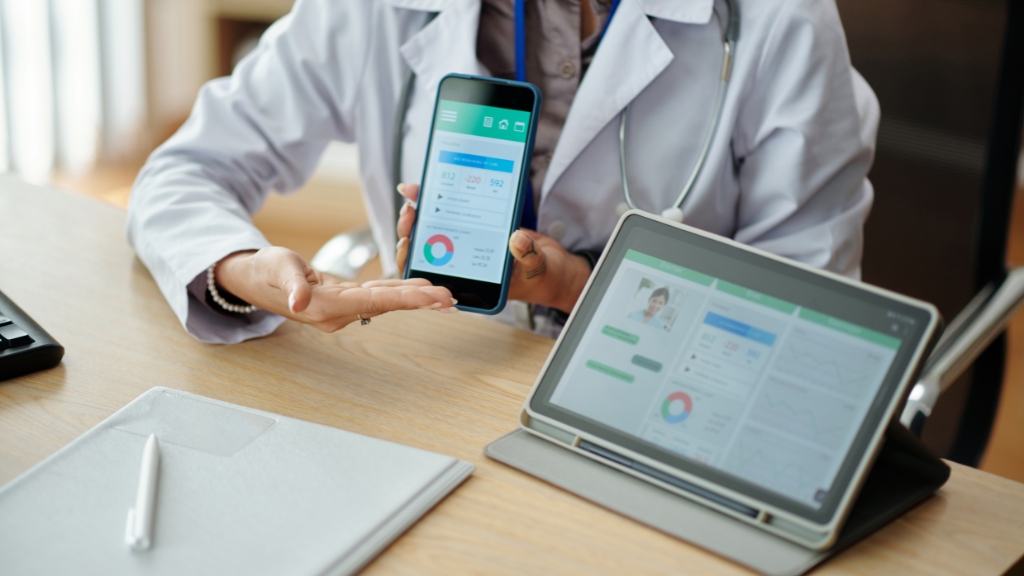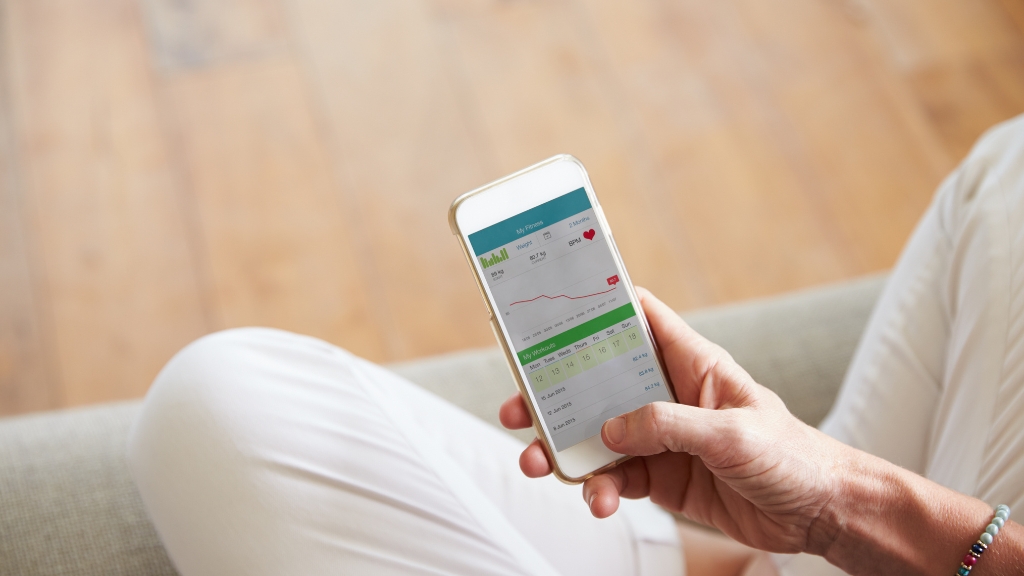
Empowering Patients: The Rise of Healthcare Apps
In recent years, the healthcare landscape has experienced a seismic shift, driven largely by advancements in technology. One of the most significant developments is the rise of healthcare apps, which are revolutionizing the way patients manage their health and interact with medical professionals. These digital tools are not just convenient; they are empowering patients in unprecedented ways.
The Evolution of Healthcare Apps
Healthcare apps have come a long way since their inception. Initially designed to track basic metrics like steps or calorie intake, modern healthcare apps now offer a comprehensive suite of features. They can monitor chronic conditions, manage prescriptions, facilitate telemedicine consultations, and even integrate with wearable devices to provide real-time health data. This evolution reflects a broader trend towards digital health solutions that prioritize patient empowerment and engagement.
Personalized Health Management
One of the most notable advantages of healthcare apps is their ability to offer personalized health management. Traditional healthcare often involves one-size-fits-all approaches, but apps can tailor recommendations based on individual health data. For example, a patient with diabetes can use an app to track blood sugar levels, receive dietary advice, and set medication reminders—all tailored to their specific needs. This personalized approach helps patients take a more active role in their health, leading to better outcomes and increased satisfaction.
Real-Time Monitoring and Data Access
Healthcare apps enable real-time monitoring of health metrics, which can be crucial for managing chronic conditions. With continuous data collection and analysis, patients can track changes in their health status and adjust their management strategies accordingly. For instance, a heart patient can monitor their heart rate and report any irregularities to their healthcare provider instantly. This immediate access to data not only helps in early detection of potential issues but also fosters a proactive approach to health management.
Enhanced Communication with Healthcare Providers
Effective communication between patients and healthcare providers is essential for quality care. Healthcare apps facilitate this communication by offering secure messaging, video consultations, and access to medical records. Patients can ask questions, share updates, and receive advice without needing to visit a clinic in person. This increased accessibility helps bridge the gap between appointments and ensures that patients are never left in the dark about their health.
Promoting Preventive Care
Prevention is better than cure, and healthcare apps are playing a crucial role in promoting preventive care. Many apps offer features like symptom checkers, health assessments, and wellness tips that encourage users to adopt healthier lifestyles and seek medical advice before issues escalate. By empowering patients with knowledge and tools to monitor their health proactively, these apps contribute to a culture of prevention and early intervention.
Challenges and Considerations
Despite their many benefits, healthcare apps are not without challenges. Issues such as data security, app accuracy, and user privacy are critical concerns that need to be addressed. Ensuring that these apps comply with regulatory standards and are backed by reliable medical information is essential for maintaining trust and efficacy.
The Future of Healthcare Apps
As technology continues to advance, the future of healthcare apps looks promising. Innovations such as artificial intelligence and machine learning are expected to further enhance the capabilities of these apps, offering even more personalized and effective health management solutions. The integration of new technologies will likely drive even greater patient empowerment and improve overall healthcare delivery.
In conclusion, healthcare apps are transforming the way patients engage with their health. By offering personalized management, real-time monitoring, and enhanced communication with providers, these apps are empowering individuals to take control of their health in ways that were previously unimaginable. As the digital health landscape continues to evolve, the potential for healthcare apps to improve patient outcomes and enhance the overall healthcare experience is immense.
Leave a Reply
- AI in Diagnostics: Revolutionizing Early Detection and Accuracy
- How AI and Advanced Analytics Are Transforming Healthcare Outcomes
- Investing with Confidence: The Role of ROI Calculators
- How ROI Calculators Drive Data-Driven Business Strategies
- The Ultimate Guide to ROI Calculators for Business Success
- Making Sense of ROI Calculators: A Comprehensive Guide
- June 2025 (1)
- May 2025 (1)
- October 2024 (2)
- September 2024 (31)
- August 2024 (31)
- July 2024 (27)
- June 2024 (28)
- May 2024 (30)
- April 2024 (33)
- March 2024 (23)
- February 2024 (29)
- January 2024 (3)
- December 2023 (47)
- November 2023 (36)
- October 2023 (23)
- September 2023 (2)
- June 2023 (2)
- May 2023 (13)
- April 2023 (1)




